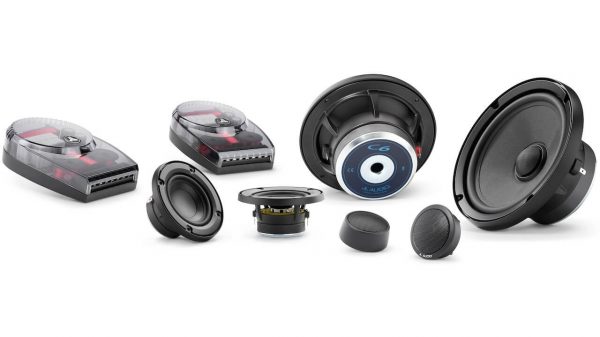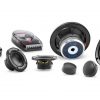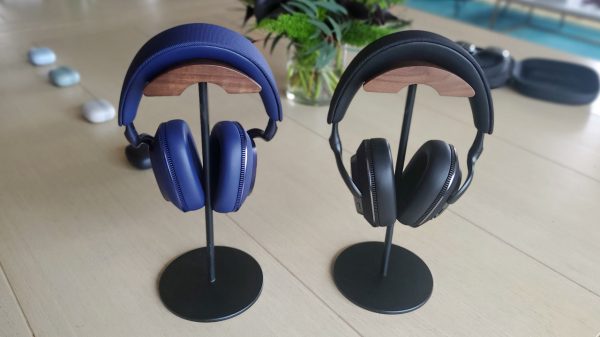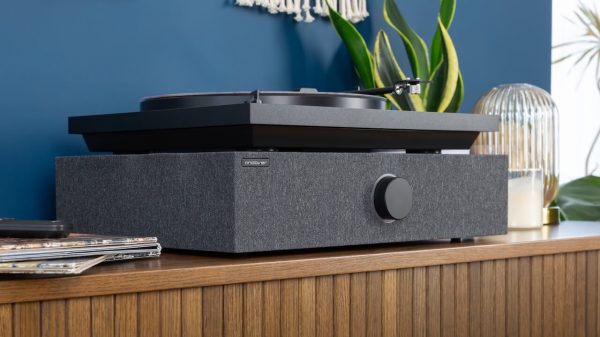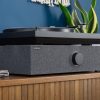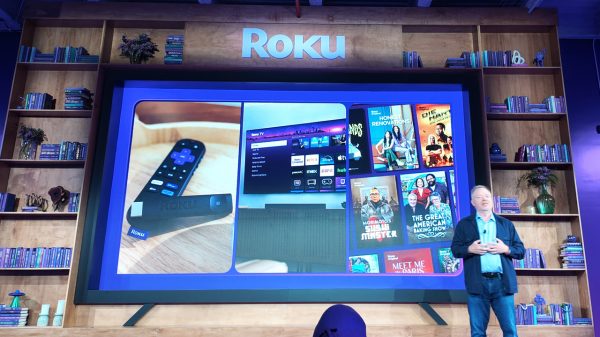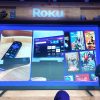If you were making a phone call in 1963, and the party you were calling was on the phone, you would get a busy signal. Irritating to say the least, but at least you knew what was happening. Nowadays, with digital phone lines and call waiting, you actually don’t know what the delay is on the other end. Is the person on the phone, away from the desk or (your worst fear) screening calls and ignoring you?
It’s a similar situation with computer networks. A user requests a file from a server, or attempts to access email. When there is a delay, the user might think, “the network bandwidth isn’t adequate” or “the network is slow, there is something wrong with it”, and might even make that complaint to the IT department causing them to investigate it. But there are other causes of network problems; besides bandwidth and hardware issues there are factors such as application and utility scheduling, and even errors such as all-employee broadcast messages sent during peak production hours. And last but certainly not least, one of the prime causes of apparently slow networks is file fragmentation.
How does file fragmentation make a network appear slower? Let’s take an example: User A accesses a file from Disk B on Server C. If that file is fragmented, it will take longer for Server C to collect all the file fragments from Disk B and transmit the file back across the network to User A. The network “appears” to be slow. Email could be affected the same way; if the email server has a fragmented drive, a user will have to wait longer for email while it is retrieved from the hard drive, creating the same type of illusion–that the network is slow. Fragmented drives on a database server could also lead to the same incorrect conclusion.
The illusion can be compounded if scheduled defragmentation has been implemented as a “solution” to fragmentation. Many companies, especially in the last couple years as file and drive sizes have grown so dramatically, have complained that overall performance still slows down despite the use of scheduled defragmentation. This is because scheduled defragmentation is no longer adequate; in between scheduled runs fragmentation is continuing to build and impact performance. And in some cases, as with very large drives, defragmentation may not be occurring at all. The result: system administrators and IT personnel “chase ghosts” in an effort to solve slow networks while hidden file fragmentation is still causing the problem.
Companies are now catching on that the best solution for defragmentation today is one which is fully automatic and runs invisibly in the background whenever idle resources are available. Dives are kept constantly defragmented and performance is always maximized.
With a fully automatic defragmentation solution in place–unlike the mystery of the person on the other end of the phone–you know that if the network does slow down, it really is the network.


